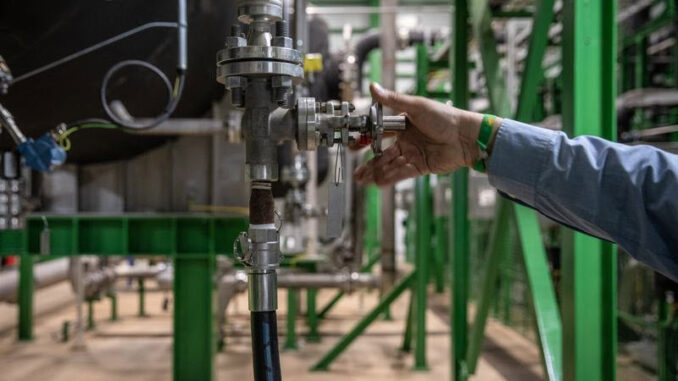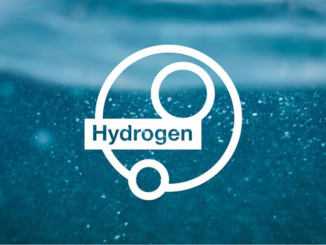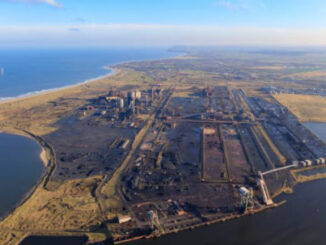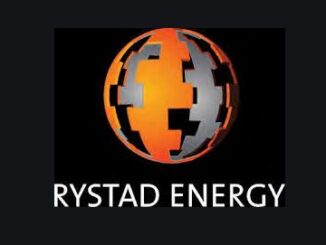
US green hydrogen company Plug Power is planning to build a 100-MW electrolyzer at the Port of Antwerp-Bruges in Belgium, the company said in a statement June 8.
The facility will produce 35 mt/day of green hydrogen, amounting to up to 12,500 mt/year, with first operations from 2024 and full commissioning in 2025.
“As Europe grapples with the challenges of climate change and energy security, our agreement with Port of Antwerp-Bruges will deliver much-needed natively generated, green hydrogen to local markets,” Plug Power CEO Andy Marsh said in the statement.
“The energy crisis in Europe resulting from geopolitical risks has accelerated the demand for green hydrogen development projects,” he added.
The electrolyzers will be powered by onsite and adjacent wind turbines, Plug Power said. In May, Belgium and three other EU North Sea countries lifted their combined offshore wind targets to 65 GW by 2030 and 150 GW by 2050.
Currently, the four nations have around 15 GW installed offshore wind capacity, but there are plans to scale up projects massively including artificial islands to link wind to hydrogen production as project costs have fallen sharply over the past decade, while energy costs have hit record highs.
Plug Power has a 30-year concession agreement to build the plant at the port. Construction of the plant is planned to start on completion of the permitting process, expected in late 2023.
The plant will provide Belgium with two-thirds of its 150-MW installed electrolyzer capacity target by 2026. The country is also targeting 100-160 km of dedicated hydrogen pipelines by that date.
Strategic hub
Antwerp is a major chemicals and oil refining hub. Minister-President of Flanders Jan Jambon said in the statement that the region could become the hydrogen hub of Western Europe due to the strategic location of its ports.
The Port of Rotterdam in the Netherlands has also made several early moves in the renewable hydrogen and ammonia space, lining up a series of terminal development and import agreements in recent months.
Plug Power said an open-access hydrogen pipeline would be built along the site, and the company has signed a feasibility study contract with Fluxys on a connection to the pipeline, which would link to the planned hydrogen backbone pipeline system.
The hydrogen will be used to decarbonize port transport and stationary power applications, Plug Power said. The company has a joint venture, HYVIA, with carmaker Renault that makes fuel cell electric vans, which it will deploy at the port.
Plug Power sees Europe as a key part of its strategy, with a service and logistics center in Duisburg, Germany, and the inauguration of its hydrogen fuel cell light commercial vehicle production plant with Renault in Flins, France.
The EU recently doubled its installed hydrogen production target to 10 million mt/year by 2030, part of its REPowerEU initiative to wean the continent off Russian fossil fuels, requiring in the region of 80 GW of electrolysis. It plans an additional 10 million mt/year of imports by that date.
S&P Global Commodity Insights assessed the cost of producing renewable hydrogen via alkaline electrolysis in Europe at Eur10.25/kg ($10.97/kg) June 6 (Netherlands, including capex), based on month-ahead power prices, down from a peak of over Eur29/kg at the start of March.
Source: Spglobal.com



